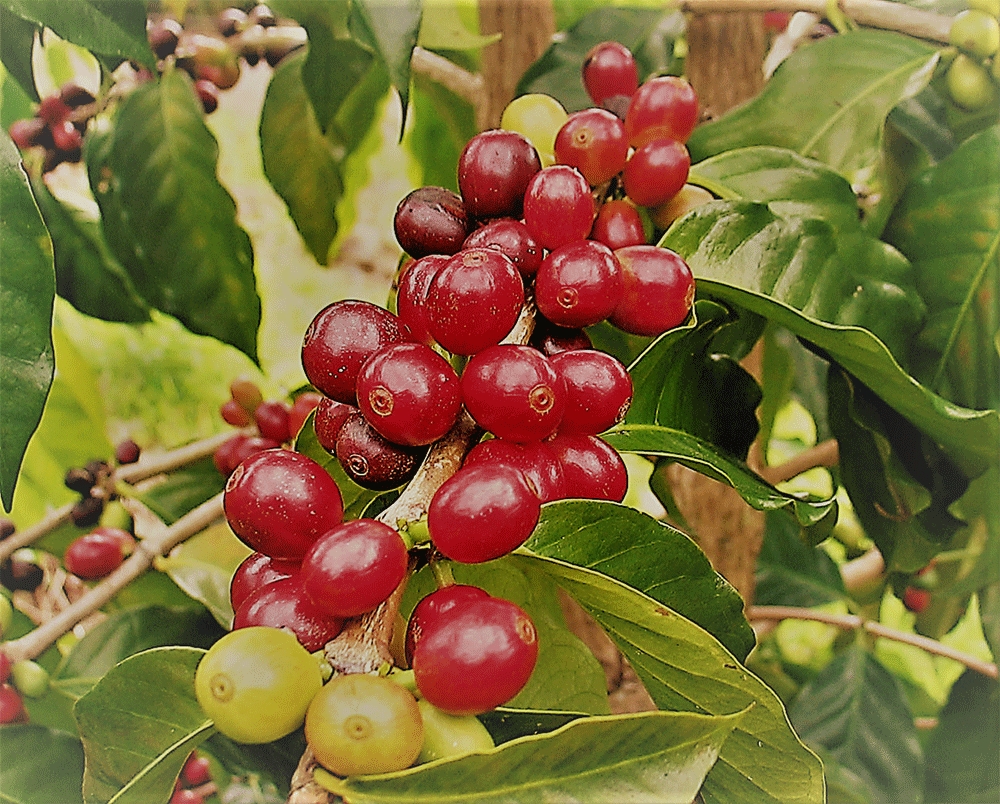Papua New Guinea has been advised to tweak its macroeconomic policy and throw more weight behind agriculture, as it has the potential to enable more diversified and inclusive development.
The World Bank makes this recommendation in its latest newsletter Pacific Possible. It warns of rising economic uncertainty and fragile growth in PNG and recommends that authorities focus on structural transformation of the economy, especially in the agriculture sector, to help absorb any shocks.
“Around 87 per cent of Papua New Guineans live in rural areas, and 75 per cent of these are engaged in a variety of subsistence and cash income agriculture activities. Staple products are the main source of subsistence, provide food energy and protein, and are a source of food security for rural villagers when income-earning opportunities are limited,” the reports states.
“While most rural villagers combine these traditional subsistence and cash income activities, there is a small but increasing number producing value-added products such as high-value coconut products and spices.”
Agriculture is one of the priority sectors in the government’s Medium-Term Development Plan for 2018–22 (MTDP III.
“To utilise the potential of agriculture as a source of income and job creation, the authorities should consider a proposed set of policy options and responses for securing sustainable rural livelihoods in food and agriculture,” the World Bank says.
The resource-rich nation of over eight million people is home to a number of multi-billion dollar minerals projects and is vulnerable to substantial commodity price shocks, natural disasters and uncertainty in the performance of new and existing minerals projects.
Its agricultural sector includes fresh food and export products like coffee, cocoa, palm oil, and copra and copra oil.
